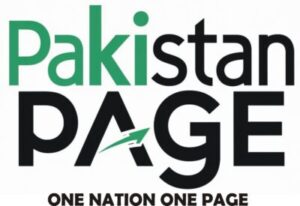ISLAMABAD: A quiet but troubling power tussle is unfolding within Pakistan’s sports administration system. An investigation reveals that several key officials in national sports federations are clinging to their positions well beyond the legal tenure limits, in clear violation of the National Sports Policy 2005 — and even a Supreme Court ruling affirming that policy.
Sources within the Pakistan Sports Board (PSB) confirm that at least nine officials from various sports federations have been served formal warning letters for exceeding the maximum allowed two-term tenure in their current roles. These violations, as outlined by Clause 10(a)(5) of the Sports Policy, pose a serious threat to transparency and accountability within the sports governance framework.
“The policy is very clear: no office bearer can serve more than two terms of four years each in the same position,” said Khuram Shahzad, spokesperson for the PSB. “Once those terms are completed, they are disqualified from contesting for the same office again in that federation.”
Despite the clarity of the policy — and a Supreme Court verdict upholding its legitimacy — several federations are operating in open defiance. The Pakistan Baseball Federation has all three top office bearers — President, Secretary, and Treasurer — continuing beyond their allowed terms. Similar irregularities have been identified in the Pakistan Taekwondo Federation, Pakistan Judo Federation, Pakistan Sailing Federation, and Pakistan Karate Federation, with presidents and secretaries overstaying their roles without fresh elections or accountability.
The PSB considers these cases to be serious breaches of not just internal policy, but also judicial compliance. The board’s warning letters reportedly include a 30-day ultimatum: either correct the violations, or forfeit all government support, including eligibility for grants, funding, and official recognition.
Insiders suggest this is not a new phenomenon. “The lack of internal democratic mechanisms in federations, coupled with weak enforcement by PSB over the years, has emboldened these individuals to stay in power unchecked,” said a retired official from the sports board, requesting anonymity.
This investigative development has raised broader questions about governance and favoritism in Pakistan’s sports sector. While athletes struggle with underfunding and lack of facilities, administrative officials remain entrenched — often benefitting from travel allowances, sponsorship deals, and influence in team selections.
As the 30-day deadline approaches, the sports community watches closely to see if the PSB will finally assert its authority — or once again, bow to political and institutional pressures.

